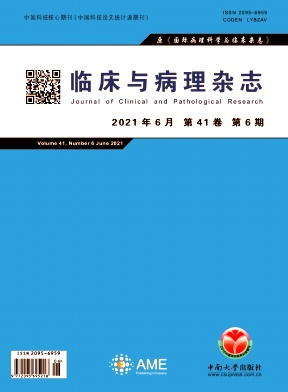外泌体在乙肝病毒传播及其相关免疫反应中的研究进展
摘要:
Hepatitis B virus (HBV) infection is a worldwide epidemic and is a group B infectious disease characterized by the destruction of liver cells and inflammation of the liver. Exosomes (EXOs) are small extracellular vesicles with a phospholipid bilayer structure that carry a variety of biologically active substances, including nucleic acids and proteins. They can be secreted and synthesized by various cells and are widely present in a variety of body fluids. Its unique occurrence and release process are closely related to the body's immune response, cell migration, cell differentiation and tumor invasion. Recent studies have shown that the release of large amounts of EXOs from hepatocytes of HBV-infected patients can promote hepatitis, hepatic fibrosis and angiogenesis, which is an important pathobiological process that promotes the progression of hepatitis B. Therefore, it can be seen that EXOs play an important role in the transmission of HBV and related immune responses. For this reason, an in-depth study of EXOs and HBV can provide new diagnostic and therapeutic ideas and scientific guidance for the diagnosis and treatment of viral hepatitis B and clinical drug development.
展开
DOI:
10.3978/j.issn.2095-6959.2022.11.036
年份:
2022
相似文献
参考文献
引证文献
来源期刊
辅助模式
引用
文献可以批量引用啦~
欢迎点我试用!




